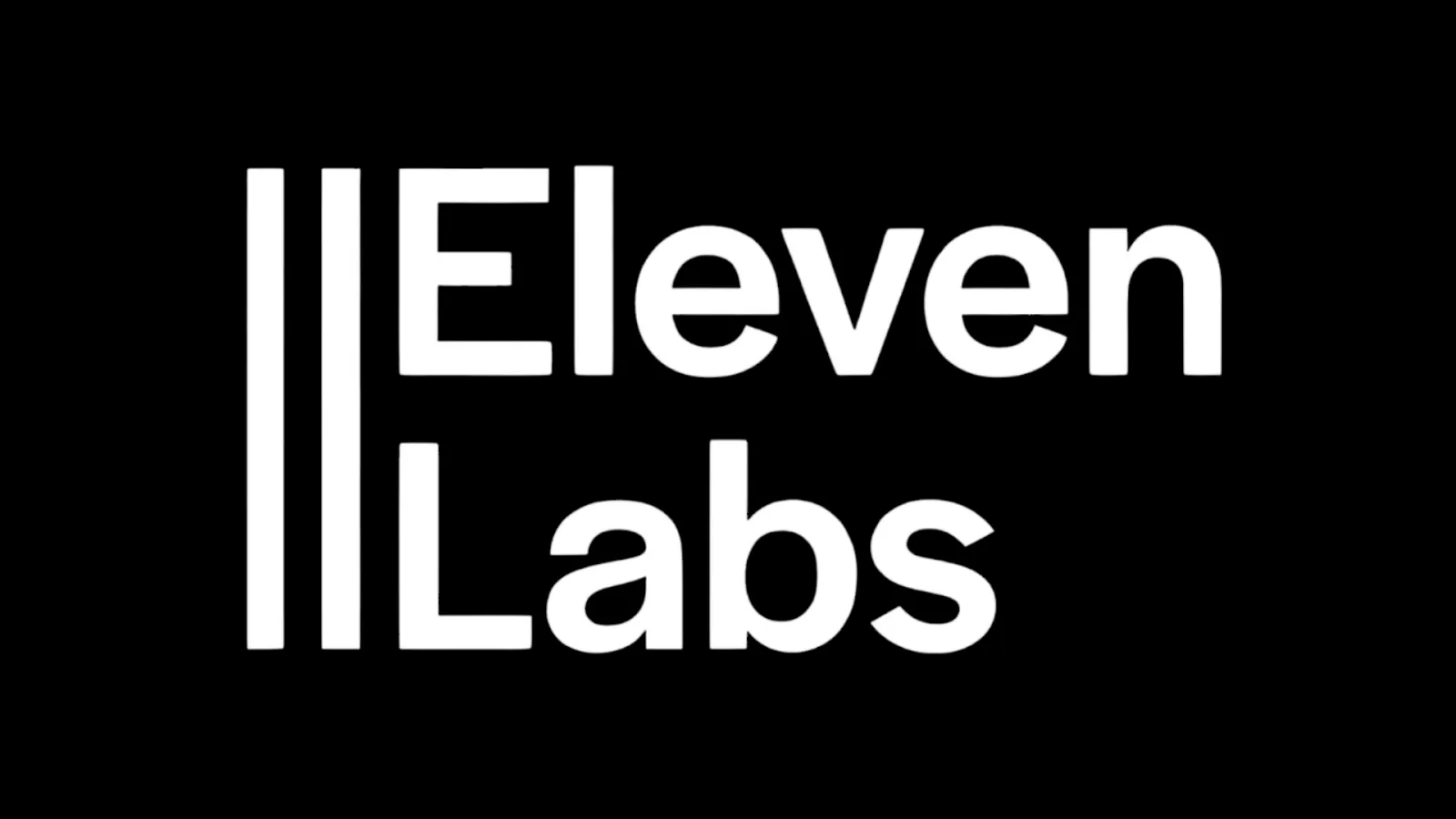Let’s be honest—studying in 2025 isn’t what it used to be. Gen Z students are dealing with more distractions, more pressure, and more mental clutter than any generation before. Between the endless scroll of social media, 10+ open browser tabs, and the pressure to ace both exams and side hustles, staying focused feels nearly impossible sometimes.(Study Tips)
But here’s the truth: you don’t need more hours in the day—you just need to use your study time wisely. Whether you’re prepping for exams, working on assignments, or just trying to not fall behind, the key is to study smarter, not harder. That’s what this guide is all about—giving you practical, relatable, and actually usable study tips for Gen Z that fit into your real life, not some unrealistic productivity fantasy.
Get Intentional with Your Time (Not Just “Busy”)
First things first—let’s stop glorifying being “busy” and start focusing on being intentional. Instead of sitting down with vague plans like “study bio later,” block out real chunks of time using tools like Google Calendar or Notion. Even if you’re not a planner person, seeing your day mapped out can help reduce the “I don’t know where to start” feeling.
When you study, have a clear goal in mind. Don’t just write “study chemistry”; say “revise acids and bases, do 5 past paper questions.” That tiny switch from vague to specific can change everything. And yes, reward yourself after. Guilt-free.
Tech Is Not the Enemy—Use It to Your Advantage
You’ve grown up with tech—so instead of treating it like the enemy, make it your teammate. Try apps like Forest to gamify your focus, or Study Bunny if you want something a little cuter. Play lo-fi beats or ambient noise while you work—music without lyrics tends to help with concentration.(Study Tips)
If social media is your weakness (we get it), block apps during your study sessions using tools like Freedom or AppBlock. You can always scroll after your Pomodoro timer dings.
Try the Pomodoro Method (with a Break You’ll Look Forward To)

Let’s talk about attention spans. Realistically, most of us can’t focus for more than 20–30 minutes straight—and that’s okay. The Pomodoro Technique works perfectly for this. Study for 25 minutes, then take a 5-minute break. After four rounds, take a longer break.
Those mini-breaks can be anything—stretching, grabbing a snack, walking around, or scrolling a bit. Just make sure you’re fully “off” during your breaks so you can fully “focus” during your sessions.
Ditch the All-Nighters—Spacing Works Better
One of the biggest mistakes students make is trying to cram everything the night before. It might help you pass, but you’ll forget 90% of it the next week. The better method? Spaced repetition. Review things in small doses over time. Apps like Anki or Quizlet can help you build flashcards and review smartly.
Instead of marathon study sessions that leave you drained, schedule a 20-minute review every few days. You’ll actually remember more—and have energy left for everything else you care about.
Don’t Just Read—Recall
This one’s big. You’re not learning much if all you’re doing is reading or highlighting. Real learning happens when you pull the info out of your brain, not just put it in. That’s called active recall.
Try this: close your book and write out everything you remember. Or explain it out loud like you’re teaching a friend. You’ll be surprised at how much you do—and don’t—know. Bonus: this method cuts your revision time in half because it’s way more effective than re-reading notes for hours.(Study Tips)
Paper or Digital? Do What Feels Right
Some people learn best by typing notes; others retain better when they handwrite. There’s no one-size-fits-all here. Experiment and figure out what works for you. iPads and styluses make handwriting easier to store and organize. Color-coded notebooks and highlighters can help visual learners stay focused.
Whatever you choose, make sure your study space is clean and calm. A chaotic desk = a chaotic brain. Keep it minimal, distraction-free, and stocked with snacks.
Fuel Your Brain—Not Just With Caffeine
It’s easy to survive on coffee and energy drinks during study season—but your brain needs real fuel. Try eating foods that support memory and focus, like walnuts, berries, eggs, and even dark chocolate (yes, chocolate helps). And don’t forget to drink water.
Hydration isn’t just for athletes—your memory literally gets worse when you’re dehydrated. Keep a water bottle on your desk and sip while you work. It’s simple, but it works.
Protect Your Sleep—It’s Your Superpower
There’s this myth that sacrificing sleep for studies is somehow noble. In reality, it’s just self-sabotage. Your brain processes and stores memories while you sleep. So if you’re skipping sleep to revise, you’re basically throwing your effort away.
Aim for at least 7–8 hours, and try to go to bed around the same time each night. If you struggle to wind down, avoid screens an hour before bed and use blue light filters after sunset. Rested brains retain better—it’s that simple.
Don’t Ignore Your Mental Health
Grades matter. But you matter more. Don’t burn out trying to keep up with everything. If you’re feeling anxious, demotivated, or overwhelmed, pause. Take a breath. Speak to someone—a friend, family member, or counselor.
Build downtime into your week. Watch your favorite show, go outside, journal, nap, dance—it all counts as rest. Your brain isn’t a machine, and that’s okay.
Studying Alone? Create a Community
Studying can feel isolating, especially when you’re drowning in deadlines. Find a study buddy or build a group online. There are plenty of Gen Z-friendly Discord servers, Reddit threads, and group chats where people study together, share tips, or just keep each other motivated.
Even teaching someone else what you learned reinforces your own understanding. And let’s face it—it’s more fun when you know someone else is in the struggle with you.
Final Thoughts: You’ve Got This
Studying isn’t about being perfect. It’s about being consistent, kind to yourself, and smart with your time. You don’t need to pull all-nighters, grind non-stop, or give up your social life to succeed. With a few smart changes and a little structure, you can do more in less time—and feel good doing it.
At Youngthare.com, we’re here to help you navigate the hustle without burning out. So next time you feel stuck or stressed, revisit these tips. Try one or two, build momentum, and watch how much more productive (and peaceful) your study life becomes.
Liked this article? Share your favorite study tip on social and tag @Youngthare. Want more productivity tips and Gen Z life hacks? Subscribe to our newsletter and get it straight to your inbox every week.







